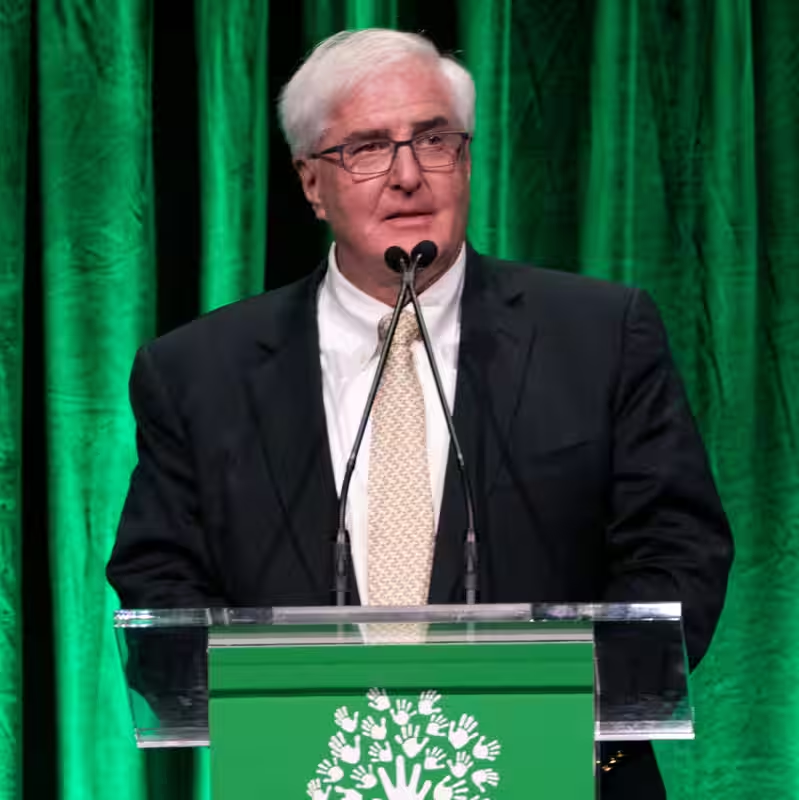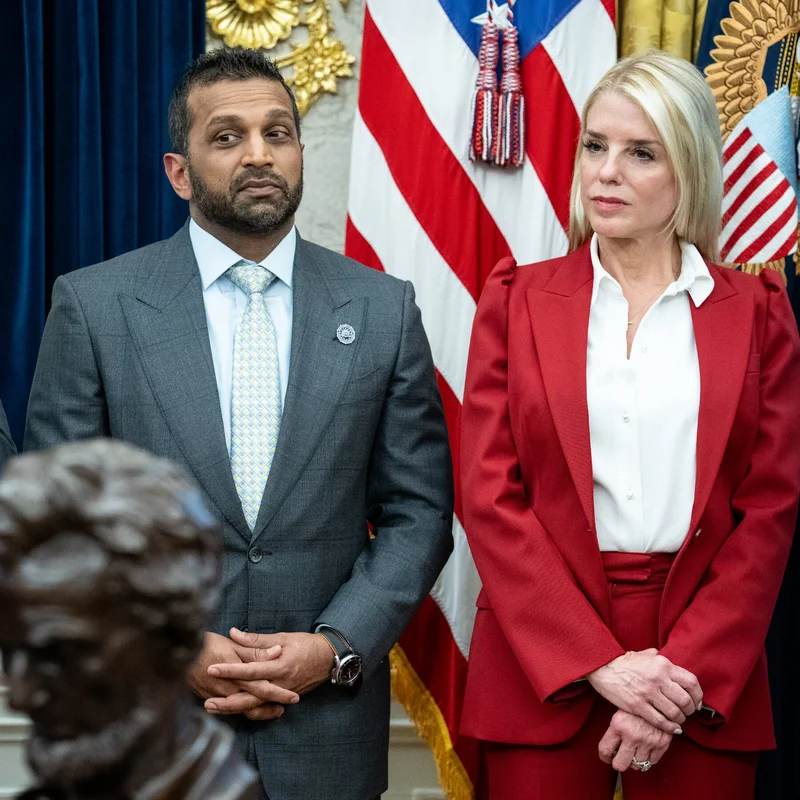In a dramatic split reflecting the deepening political fault lines in Silicon Valley, legendary venture capitalist Ron Conway has resigned from the board of the Salesforce Foundation following controversial remarks by CEO Marc Benioff expressing support for President Trump and calling for the National Guard to be deployed in San Francisco.
Salesforce Foundation Loses Key Tech Ally
Conway, often dubbed the “godfather of angel investing” and a longtime advocate for civic engagement in the Bay Area, confirmed his resignation in a statement late Wednesday. “I cannot in good conscience remain associated with an organization whose leadership endorses policies that threaten the safety and dignity of our most vulnerable communities,” he said.
The move comes just days after Benioff told a private investor forum—remarks later leaked to the press—that he “respects President Trump’s law-and-order approach” and believes “it’s time to bring in the National Guard to restore order in San Francisco,” citing concerns over homelessness and open drug use in the downtown core.
Marc Benioff’s Political Pivot Stuns Silicon Valley
Benioff, once hailed as a progressive corporate leader for championing LGBTQ+ rights, climate action, and stakeholder capitalism, has taken a sharp rightward turn since Trump’s return to the White House in January 2025. His recent comments mark a stark departure from his past alignment with Democratic causes and have alienated many longtime allies in the tech and nonprofit sectors.
“Marc used to host fundraisers for Kamala Harris and Gavin Newsom,” said a former Salesforce executive who spoke on condition of anonymity. “Now he’s echoing the same rhetoric we heard during the 2020 federal occupation of Portland. It’s whiplash.”
What the National Guard Remark Really Means
Benioff’s call for military intervention in a U.S. city has drawn sharp criticism from civil rights groups. The National Guard, when deployed domestically, operates under state or federal authority and can be used for crowd control, disaster response—or, as seen in 2020, controversial law enforcement actions.
San Francisco Mayor London Breed, while acknowledging challenges with public safety, quickly distanced herself from Benioff’s proposal: “We need compassion and housing, not soldiers on our streets,” she said at a press briefing.
Ron Conway’s Legacy and Exit
Conway, 73, has served on the Salesforce.org board since its inception in 2014. Under his guidance, the foundation granted over $200 million to Bay Area nonprofits focused on education, homelessness prevention, and digital equity. His departure is seen as a major blow to the foundation’s credibility among progressive donors.
“Ron wasn’t just a name on a letterhead—he was the moral compass,” said Maria Chen, executive director of SF Cares, a nonprofit that received $2.5 million from Salesforce.org in 2024. “His exit signals a fundamental shift in values.”
Salesforce Responds
In a brief statement, Salesforce said it “respects Mr. Conway’s decision” and reaffirmed its commitment to “community, innovation, and public safety.” The company did not address Benioff’s comments directly but emphasized that the foundation’s grant-making strategy “remains unchanged.”
However, internal sources say several foundation staff members are now exploring other employment options, and at least three major nonprofit partners have paused new collaborations pending a strategic review.
Broader Implications for Tech Philanthropy
This rift highlights a growing tension in corporate philanthropy: as CEOs take increasingly polarizing political stances, their charitable arms risk becoming collateral damage. With over $1 billion in assets, the Salesforce Foundation is one of the largest corporate foundations in the U.S.—and its future direction is now under intense scrutiny.
For Conway, the break may be final. “I’ve spent 40 years building bridges in this city,” he told The New York Times. “I won’t stand by while those bridges are burned in the name of fear.”
Sources
Venture Capitalist Resigns From Salesforce Foundation Over Benioff Comments, The New York Times, October 16, 2025.




